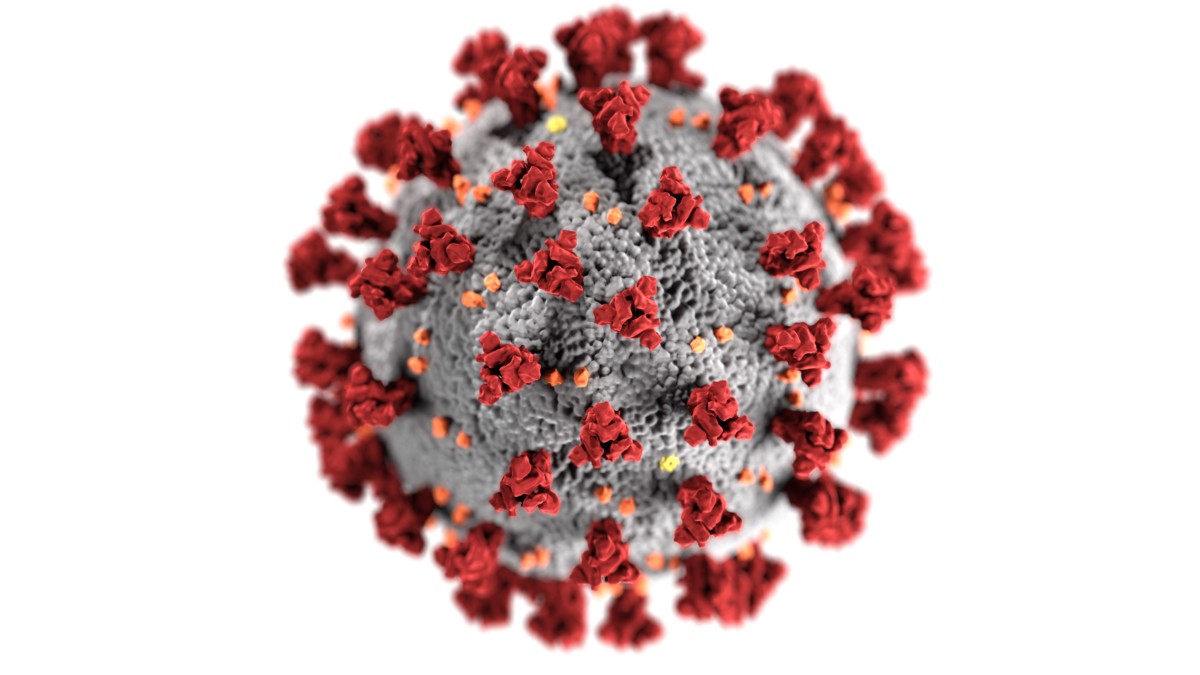For the last few weeks the only thing anyone has been able to talk about is the dreaded COVID19, otherwise known as Coronavirus. The virus has spread throughout the world at an alarming rate, leading to many countries including the UK to go into lockdown.
This sudden change has put the supply chain of key medical equipment under enormous pressure, and as masks, ventilators and hand sanitizer all become worth their weight in gold, there simply aren’t enough to go round. This is why it is so vitally important that everyone does what they can to take the pressure off the NHS, stay at home and stay safe. Even activities like cycling put you at risk of injury, which could in turn land you in a hospital bed that could be used for treating COVID patients. It is imperative that you stay at home where possible, and minimise the risk you pose to the NHS.
It isn’t all doom and gloom though, while Coronavirus has undoubtedly wreaked havoc throughout many British businesses it has also presented the opportunity for a bit of Dunkirk spirit, with many in the private sector doing their bit to battle COVID19, and rescue us all from the beaches of an NHS without any supplies. Today we will be taking a look at some of these sectors that are providing the key support to our health system that will carry it through these troubled times.
1. Private Healthcare
With arguably the largest contribution to the UK’s efforts the private healthcare sector has agreed a deal with the NHS to make almost all of its capacity available to those who desperately need a bed. The well publicised support will make 8,000 beds, 1,200 ventilators and nearly 19,000 medical staff available to the NHS, for cancer treatments, urgent operations and of course treatment of COVID19.
This first of its kind deal will be upheld by both parties for as long as it’s required, and is only being charged at cost to the NHS, meaning the private bodies aren’t making any profit. This is what makes the deal so remarkable, as hospitals that normally rely on revenue generated from treatments to support their premium image are rolling up their sleeves, and putting their own interests aside to make sure that the health system as a whole remains afloat. Care UK, Health Care and Spire Healthcare are just a few of the many private organisations to sign up to the deal.
2. Whiskey Distilleries Making Hand Sanitiser
When the outbreak first took hold in the UK the sales of hand sanitiser went through the roof, to the point where the product simply isn’t available to most people now. Panic buying and stockpiling has (incredibly selfishly) led to a nationwide shortage.
Luckily, there are those who are adapting their production lines to fill the demand. Whiskey distilleries the world over are stopping production of a fine single malt, and are instead churning out gallons and gallons of hand sanitiser. Big brands like Jameson Irish Whiskey have already begun producing large amounts of the crucial gel, but closer to home there are smaller distilleries doing their part. Verdant Spirits is just one of the micro distilleries who are now pumping out 400 litres of hand sanitiser per week! These small Scottish businesses are supplying the hand sanitiser to local care homes to ensure that the vulnerable have the best protection possible.
Other distilleries that are working together to help those in need are Redcastle Gin and Distillutions Micro Distillery, both from Arboath, and both providing the gel they create to those who need it most completely for free.
3. Prada Masks
Another item that has found itself in woefully short supply is face masks, which has led large fashion houses including Prada, Gucci, Balenciaga and Yves Saint Laurent to commit to making over 1 million masks in support of their respective nation’s health services.
This diversification of production lines has also spread to the UK in no small way, and is actually providing a strong source of income for local businesses that would otherwise have had to close their doors. In Burnley, a small company called Lancashire Textiles has swapped its normal production of duvets, pillows and mattresses in favour of surgical masks and wipe-clean products (pillows etc). The small business is now making 2000 face masks per week, and is preparing for that number to increase greatly.
Changing their lines to producing face masks has allowed Lancashire Textiles to retain its workforce of 35 people, who now do not have to worry about the stability of their jobs, while providing an invaluable service to their local hospitals, making this production a wonderfully symbiotic operation.
4. The Vacuum Ventilators
Household names Dyson and Gtech are both doing their part to ease the effects of the ventilator crisis by putting their vacuum cleaner technologies into fast and easy to produce emergency ventilators.
Gtech’s owner Nick Grey has been very open with the fact that his company will be answering the British government’s request for more ventilators. The request asked that Gtech make 30,000 units in 2 weeks, to try and meet the growing need. The design that Gtech landed on is made up from readily available parts and materials that means production can be started up in a remarkably short amount of time.
As well as producing the ventilators themselves, Gtech have also gone ahead and made the designs publicly available, meaning any company with the capacity to produce the machines can do so free of royalties to Gtech. This should help the wider community to come together and fulfill the Government’s requests.
Sir James Dyson has also weighed in on the ventilator crisis, and has confirmed that his company has designed their own machine which can be built quickly and efficiently, using existing Dyson technology. The initial order for these machines is for 10,000 units, but it is more than likely that the CoVent will be produced in far greater numbers for countries all over the world. It is remarkable to think that some of the companies that have the biggest impact on the Coronavirus outbreak; also make your vacuum cleaner.




